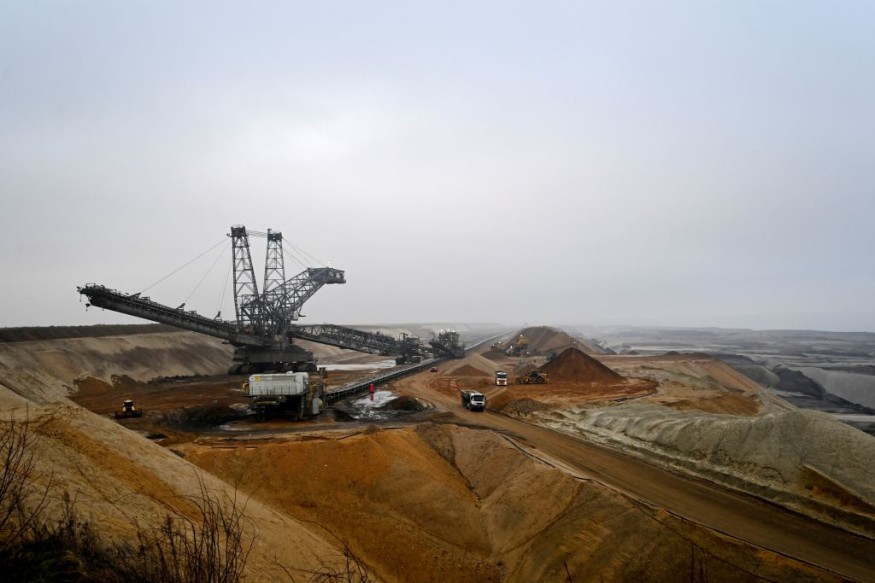
They may have comprised a smaller portion of the world's population (16%), but these world's richest nations have over-extracted global resources beyond the thresholds of environmental sustainability.
A new study looking back nearly 50 years of resource extraction reveals that United States and high-income countries in the European Union have unsustainably plundered the globe's natural resources for decades, according to ScienceAlert.
"Results show that wealthy nations bear the overwhelming responsibility for global ecological breakdown, and therefore owe an ecological debt to the rest of the world," said economic anthropologist Jason Hickel in Universitat Autònoma de Barcelona. "These nations need to take the lead in making radical reductions in their resource use to avoid further degradation, which will likely require transformative post-growth and degrowth approaches."
According to UAB, USA and European Union countries are primary drivers and therefore solely responsible for 74% of the global excess in resource extraction over the 1970-2017 period.
Degradation of a Healthful Ecology
Using the same kind of methodology from a 2020 study, researchers try to quantify the "key starting point" to where environmental degradation begins.
"Global material use has increased markedly over the past half century, to the point where, as of 2017, the world economy is consuming over 90 billion tonnes of materials per year," the team writes in the new paper published in The Lancelet. However, it was found that all nations are not equally responsible, with one having used substantially more resources than the other.
Thus, the team developed a "sustainability corridor" to identify the responsible countries for the period 1970 to 2017.
National Responsibility for Ecological Breakdown
Not only are we suffering from greenhouse gas emissions and climate change, but also in land-use and biodiversity loss. Which is why industrial ecologists consider consummation of over 90 billion tonnes of materials per year as the sustainable limit.
In the new analysis, national responsibility has changed over the given period.
China, an upper-middle-income country, ranks second globally, and is responsible for 15% of global excess material use. The increasing resource use in China changed the equation significantly.
Meanwhile, the study shows that high-income countries which mainly drove the global excess resource use over the 1970-2017 period, were United States (27%) and high-income countries in the European Union (25%). Spain ranks 11th out of 15 countries exceeding the planetary sustainable limit of raw material use, and responsible for 2% of excess, behind countries such as Japan, Germany, France, the United Kingdom, Canada and Italy, among others.
Aside from the global inequality of resource over-exploitation, the consumption of raw materials in general needs to sharply decline, otherwise, the world loses the chance to overcome ecological crises.
"High-income nations need to urgently scale down aggregate resource use to sustainable levels," the authors wrote. An average decline of at least 70 percent in resource use should help reach the sustainable range.
"The 'economy' is our material relationship with each other and with the rest of the living world," said Hickel. "We have to decide whether we want that relationship to be based on extraction and exploitation, or on reciprocity and care."
© 2025 NatureWorldNews.com All rights reserved. Do not reproduce without permission.





